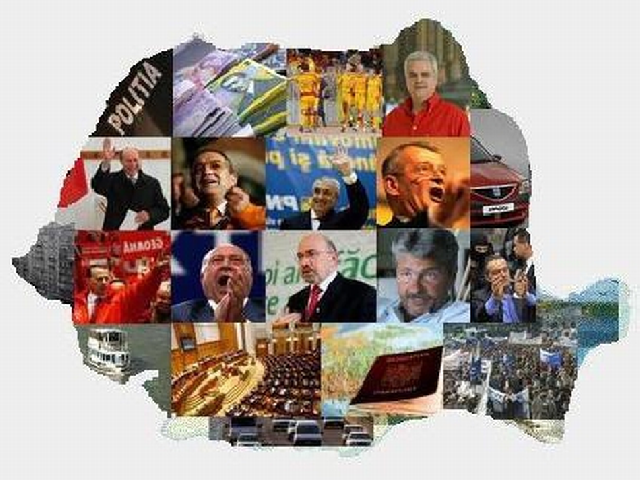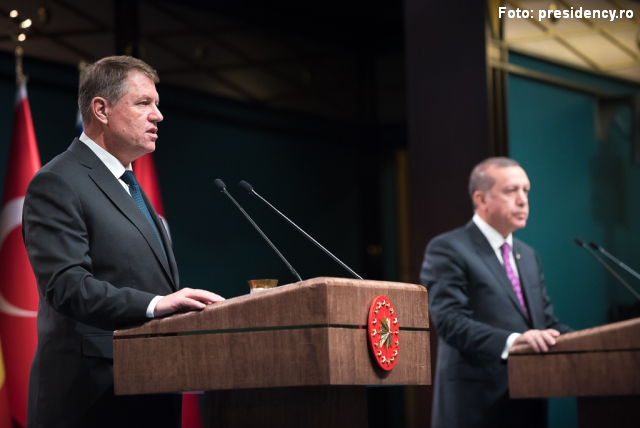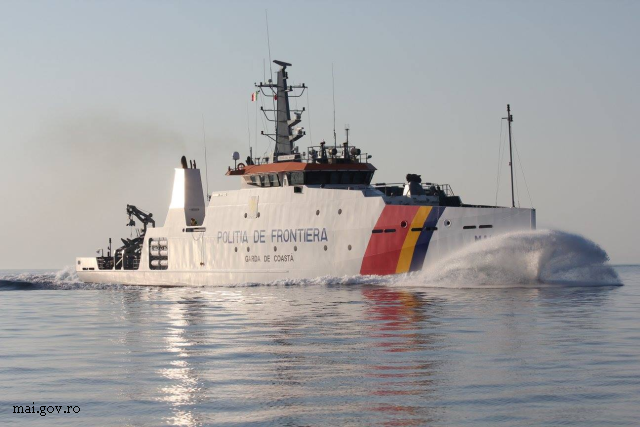“We will not give in and we will keep thriving as a democratic country, with a strong economy” said in Bucharest the Turkish ambassador Osman Koray Ertas. According to him, the radical movement behind the terrorist attack on the Ataturk airport in Istanbul aims at destroying the modern values that the country shares with its European partners. He has recalled that Turkey has been the target of several terrorist groups along the years: “last year, the ambassador said, was a difficult one for our nation, because we were a target for many terrorist groups, which acted driven by different goals. That includes the acts of terrorism perpetrated by the PKK, which our nation has been fighting against for decades, and, more recently, the Daesh terrorism.”
The attack showed, in fact, that terrorism has no religion, the Turkish official also said, recalling that most of the 40 people who died in the attack were Muslim. That is why it is wrong to associate terrorism with a religion, and the use of phrases like “Islamic terrorism” or “radical Islamic terrorism” only helps the propaganda of such radical groups. What happened in Istanbul is a landmark in the fight against terrorism, said in Ankara Turkey’s president Recep Tayyip Erdogan. Just like after every attack, security has been enhanced and analysts say that the most important thing, which could really change developments in the fight against terror, would be to find political solutions for the conflict areas, Syria and Iraq in particular. In an interview on Radio Romania, the former Defense Minister Ioan Mircea Pascu explained why Turkey is exposed to such attacks.
Ioan Mircea Pascu: “Turkey is much closer to what’s happening in Syria and much closer to, let’s say, the local stakes. From this point of view, Turkey is inevitably a target, not to mention the fact that those who come from the area find it easier to take action, more easily than if they had to cross an entire continent. Let’s not forget that this is not the first attack, there have been others before, and they have been claimed not so much by the Kurds, but by Daesh extremists.”
In Western Europe the terrorist threat has become a constant presence too, and EURO 2016 has been more reason for concern, especially with regard to France’s ability to ensure the safety of the 10 million tourists attending the games. France has been on a state of maximum alert for over a year now, and it has now resorted to several solutions in order to make sure the football championship is running without any tragic events occurring either on stadiums or in the streets. Some 100,000 police, soldiers and private security agents have been mobilized, and security forces have been granted enhanced powers al throughout the duration of EURO 2016. Also, authorities have declared zero tolerance to any suspicious person or gesture, body check-ups are conducted on a regular basis and flights have been banned above the 10 stadiums where EURO 2016 matches are being played, and which are monitored by means of anti-drone technology.
All these are natural effects of the terror instated by the attacks in Paris last year. The parliamentary commission that has investigated the attacks for more than 6 months has come to the conclusion that France must reorganize its intelligence services. The French MPs say that the blame for the killing of 147 people and the wounding of another 500 in those attacks should not be put on the people working in these structures, but on the fragmentation of the intelligence community.
This fragmentation hampered communication and thus made the prevention and combating of such terrorist acts impossible. Currently, the French intelligence services are split into six separate entities, under the subordination of the home, defense and economy ministries, also involving the participation of police, customs officers and soldiers. In order to avoid this excessive fragmentation, the parliamentary commission has proposed the setting up of a single command unit, a national agency for the fight against terrorism, subordinated directly to the Prime Minister, after the American model of the National Counter-terrorism Centre set up in the aftermath of the 9/11 attacks.
The European countries should ensure a better sharing and coordination of information collected by national authorities, said the German Interior Minister Thomas de Maiziere after the attacks in Brussels. Currently, the offices in charge of registering foreigners, the visa granting authorities and the intelligence services keep their data separately. According to the German official, Europe, including Germany, is a target for terrorists. Some people think that threats diminish as the Islamic State loses ground in Syria and Iraq, but things are not at all like this, Maiziere also said. According to him, the effect is asymmetrical: if the Islamic State gets weaker, it will definitely try to transfer the conflict abroad.
